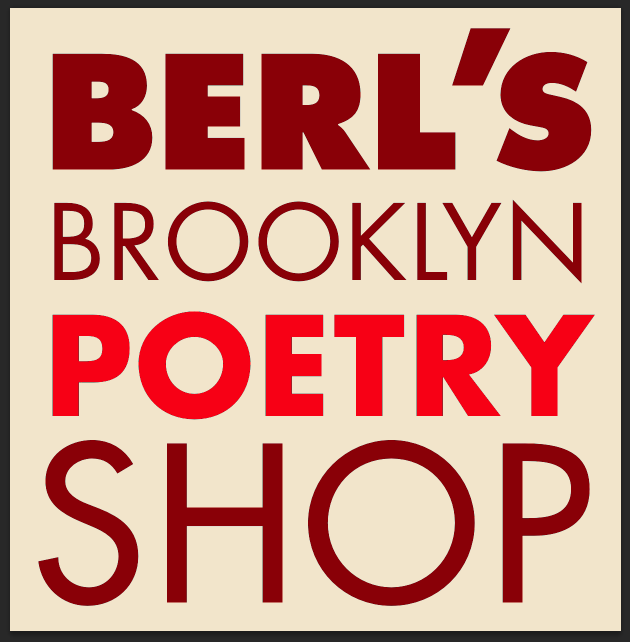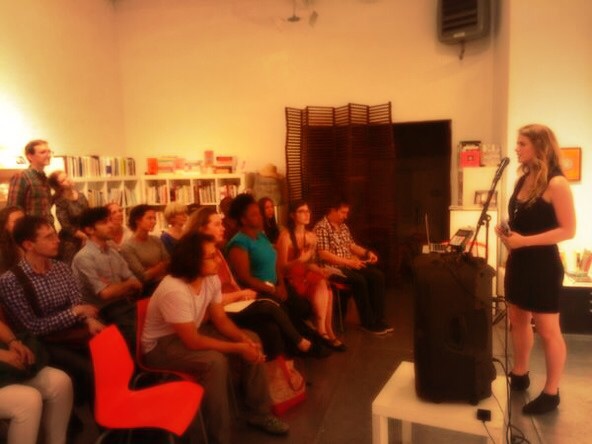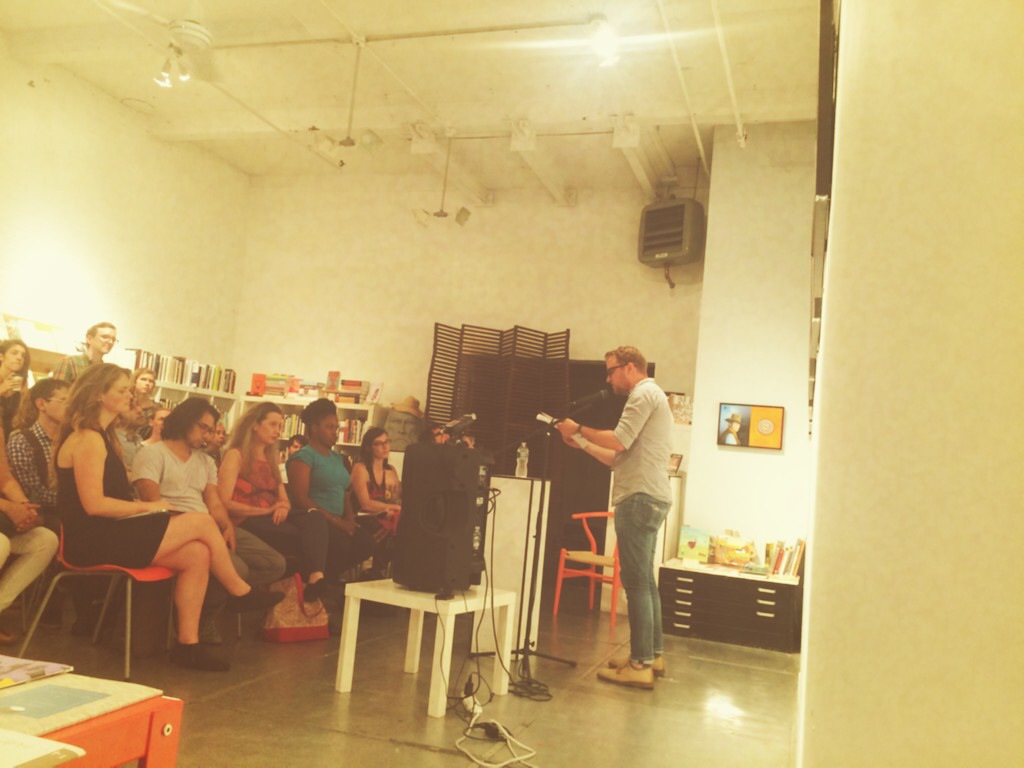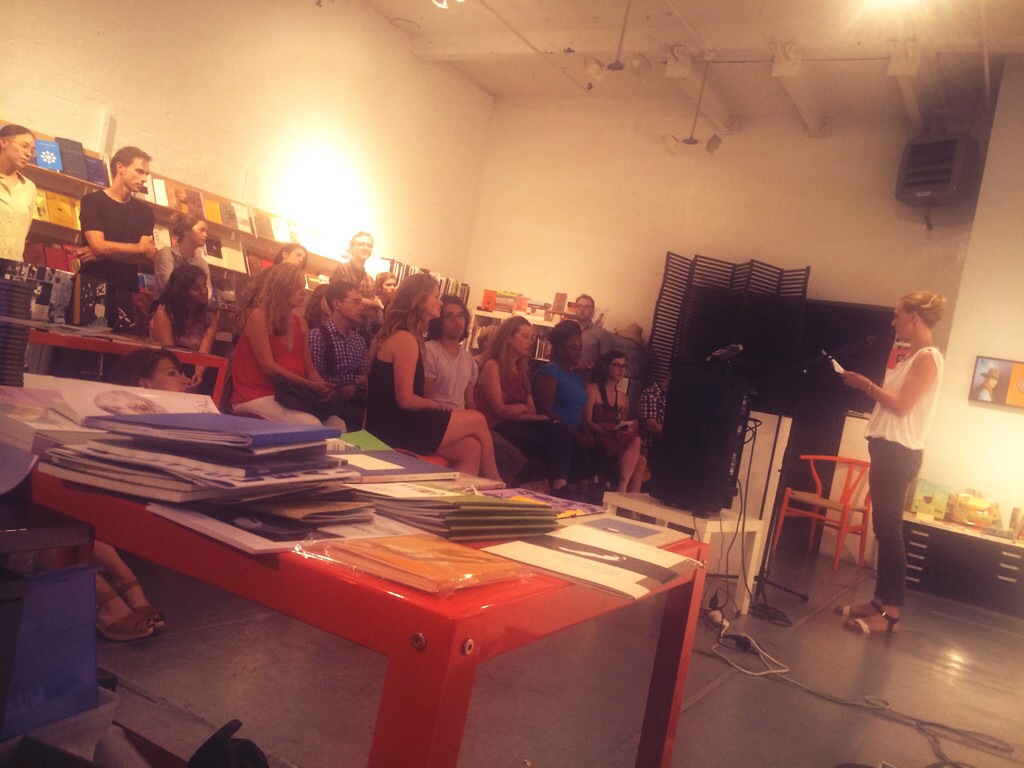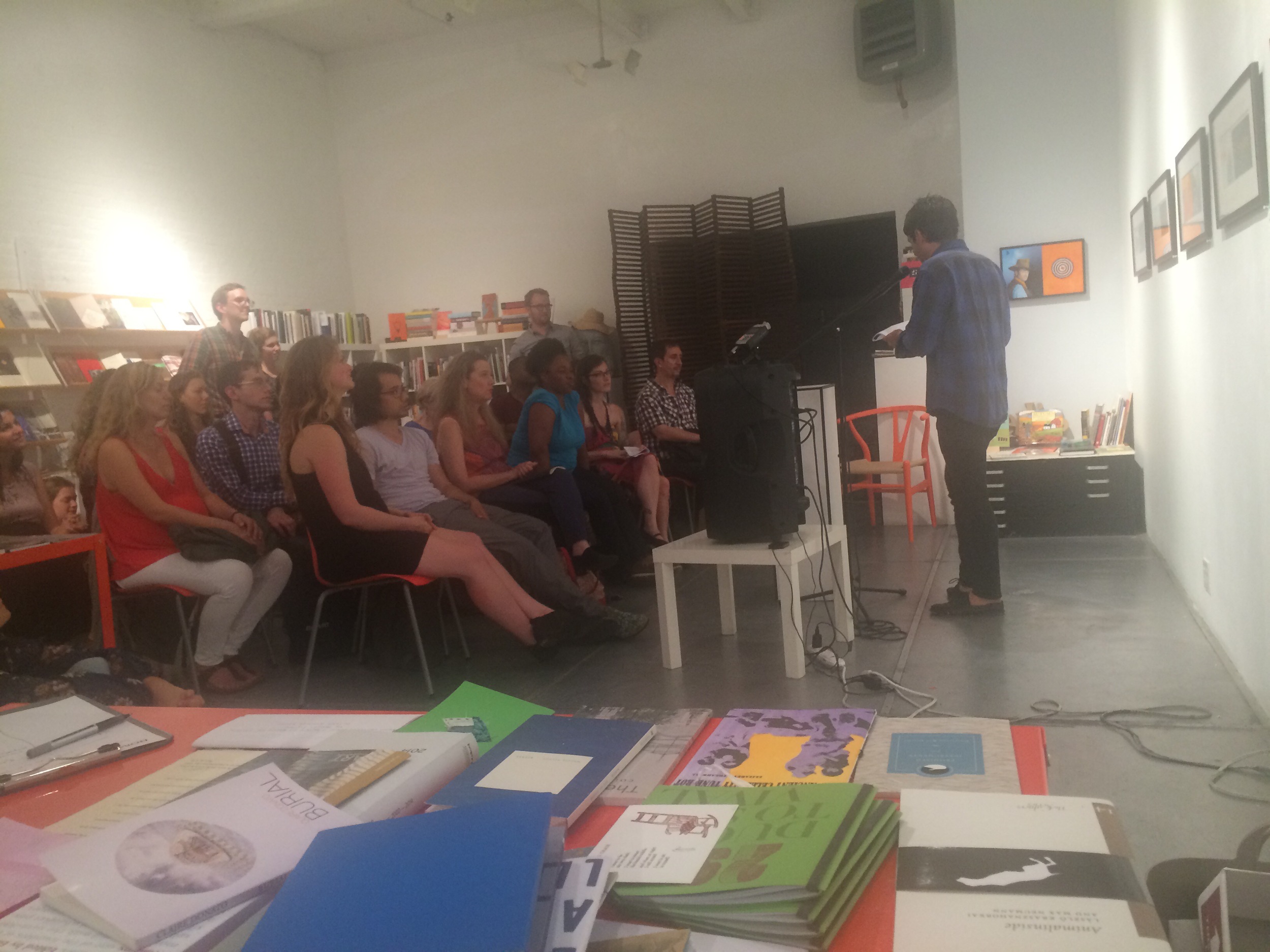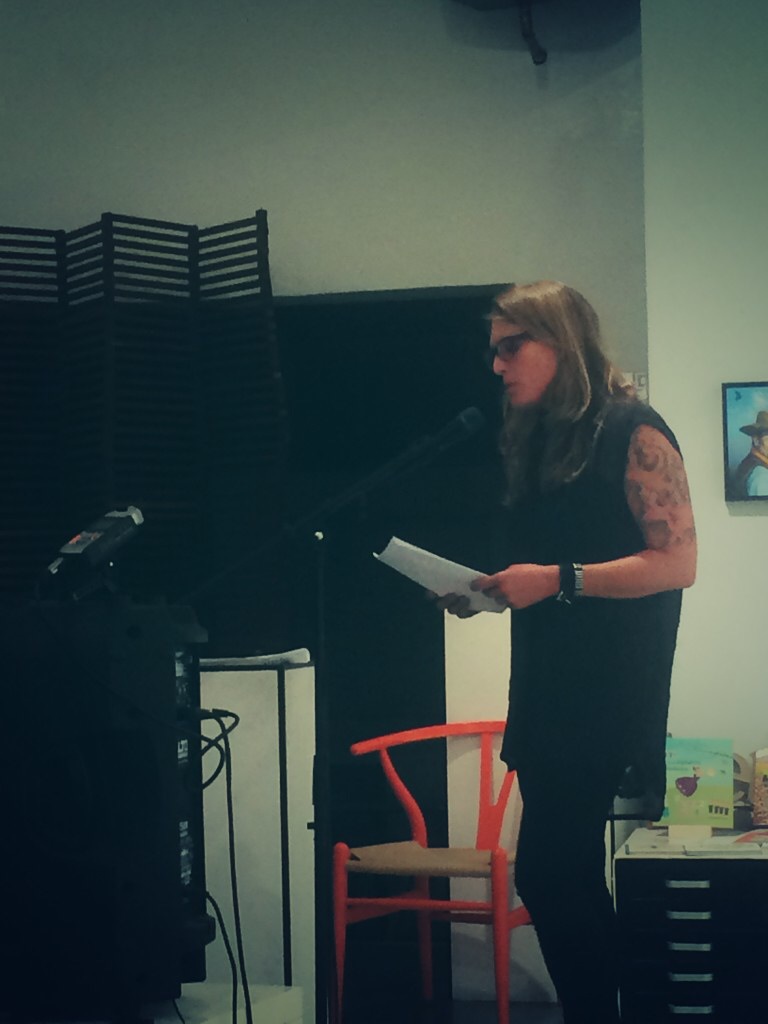Here are Jared, Farrah, and Carolyn's introductory notes on the poets:
Reading the work today I was reminded of Agnes Varda’s film The Gleaners and I, where she riffs off Jean-Francois Millet’s 1857 painting of extremely impoverished peasant women in a wheat field, stooping to pick up the remnants of the harvest… I was thinking of this image in relation to the poets tonight and how it crystallizes anger and creativity and extremity, using everything and seeing in junk of the world ‘a cluster of possibilities’ as one person in the documentary puts it. and perseverance, qualities I see very much in the poets reading tonight.
in this spirit,
ALI POWER
is writing A Poem for Record Keepers
What is a record keeper? a gleaner or a hoarder? guardian of the treasure of human experience or just sports score, agribusiness bean counting? Ali’s work has lots of numbers but also speech, weirdness, speed and sensuousness.
Her work is fragments of fragments, brimming with personality and attitude.
‘put them in order’
‘put them on top of me’
like scrooge mcduck swimming in money, Ali’s speaker swims in information
Ali is a Poet of information, the psychology of information
information as ways to gather
opposing forces that come together
a cheeky way to form opposition
Ali’s poems move very quickly between trivia and the self on fire—innocuous clock ticks and an bomb explosion.
“Like a fire’s spreading in the cosmos.”
though sometimes it is a flirtatious explosion: inviting, blowsy, full of sexy laughter on a knife edge between screwball comedy and femme fatale
I will fuck up your life. Let’s hang out.
Her poems simmer w the fervor of discovering:
Everything is just beginning. Everything is comprehensible. Take, for example, Utah. Until you break it down.
‘disaster-piece theater’
Her poetry stares at you.
Sara Jane Stoner
Reading Sara jane ‘s work evokes some of the exciting strangeness that must have occurred when readers in the 60s discovered the nouveau roman of Robbe-grillet and Marguerite Duras… The sense of a dislocated storytelling nerve that imbues the sense of gravity normally given to human emotions onto physical details of objects. Relationships are delineated not primarily as psychology but instead as poetic geography. Her work casts a vibrant sheen to surfaces even as it also seems extremely interested in probing emptiness, impersonality, voids.
The meaning of the city is short like sentences today and noticeably darkened by the lofty pitch of the cloudless sky. The ground has been hollowed out for trains.
IN a manifesto-ish essay on syntax she writes
“Even so I think we need to write sentences about all of the horrible and wonderful things we are implicated in but we must write the implications in the sounds maybe we must write the violences at the intersections where our syntax becomes sentences”
to encourage, as she puts it:
“the development of an anyway bravery”
Her work glitter with a visionary presentness and a ethical focus on in-between-ness I find totally this beguiling. Here's an example, from introductory remarks she posted on the internet:
This summer, I simultaneously created and joined an imaginary collective called “Queer Damage.” The goal of this imaginary collective
is to understand what kind of superpowers result from the will to less-power,
the practice of illegibility, the acceptance of economic struggle, the taste for open perversion in literary, political, and physical forms, the experience of past and future as true darknesses, and the avoidance of recognition.
to quote her sentence manifesto once more: Sara Jane strives “to see what information survives in the obliteration of measure what unmeasured posture hides in the regime of the sentence what possible pasts meaning futures maybe I wish to live in the idea that to pursue justice would be to inhabit creative practices
I’m doing violence to her sentence by cutting it off midphrase but I just want to tune in to that principle “living in the idea” “inhabiting a practice" like a space to live in.
MORGAN PARKER
is a gleaner too
she has a poem entitled ‘great pacific garbage patch’
vortex of trash can be a site of creative inspiration, glittering with excess.
she deploys the image of a bathtub dripping onto the floor.
her poetry billows and sparks, it reminds me of thunderclouds.
even when she sets a whole poem on top of a kitchen table the table becomes a site for charged excess – not just eating but fucking, snorting
she writes:
‘let us go slowly on this path of being
let us wake up in different beds
everyone is talking
‘trash stew’
the poem ends with hilarious climax:
‘the jesus of this room’
Farrah is always quoting a line from ALL ABOUT EVE in which bette davis goes out wearing ‘a fur coat over a nightgown’ and that’s the image I have of Morgan’s speaker, “silk pajamas” in a poem that has pearls in the title… there’s this rapid shift between intimate, small domestic space (the kitchen, the bathtub, the bedroom) and this hurly-burly of heightened emotion parties and wildness and excess and strength and aggression and violence flowing through “cleaning the house without your tongue”
the spaces or the domestic objects become supercharged as when morgan writes
“reader please know when I say bed I mean sex”
her poems have tons of permission and authority:
“I can make a mixtape my own damn self’
“Buildings spit their stomach at me and I spit back”
DANNIEL SCHOONEBEEK
in his recent book AMERICAN BARRICADE he talks about family and mines a particular quasi western Americana. That being said, his work is a kind of gleaning too:
“the suit I wore the day I was born I stole from a thrift store’
“I am the natural wonder of crumbs in the beard… of split ends and holes in her shoes”
as in morgan’s work there’s a lot of “spit” in the book
‘you’ll spit in the shoes they strap to my hooves when they bury me’
or
now out hiss the gaslamps like a young girls’ spit on the grill.
his book includes family tree as syntax, and the way poems are formed itself becomes a kind of roving commentary on the creative struggle to put things together and to speak as a integrated voice, a person, an autobiography through geneology,
Some poems mark every line with a full stop period regardless of the sentences grammar and the effect is of reluctantly spilling over. The poem continuously should stop but can’t, the voice is forced relentlessly on.
In other poems in which he uses space as a formal device, the white space itself becomes a kind of breathing end of sentence hovering everywhere around and in between the words.
It’s in this tension between speech and silence that the poem does its work.
The title’s image of the barricade here seems like a great counter to the gleaner’s impulse. A barricade is both the ultimate trash pile, the obstacle in the way that teases you with the impossibility of scaling it to the other side.
It’s also a symbol of protest and resistance and the powerless taking power by grinding the system to a halt, I think all these poets are attuned to this quality of objects to act in their obstreperousness also as openings to other, more revolutionary possibilities.
